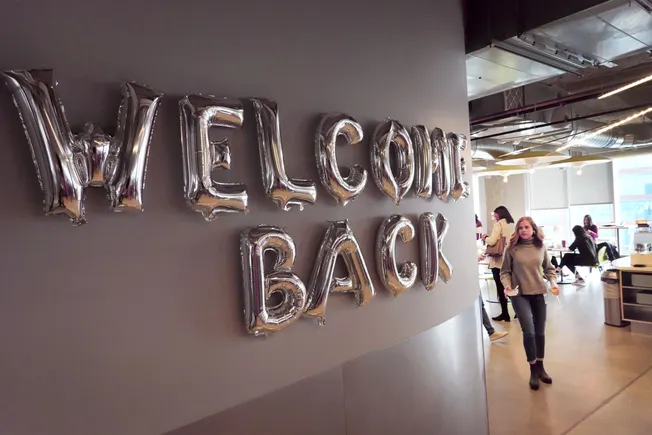
""While return-to-office headlines may grab attention, most organizations are navigating the hybrid era with flexibility," according to the Gallup report. "Many employers - now familiar with the pros and cons of the hybrid work model - are letting managers, teams and individuals work out the details," Gallup said. "Even so, team coordination and trust remain defining management challenges that will shape the future of hybrid work.""
""Hybrid work scheduling seems to be split almost equally among those who make their own schedule (34%), those whose manager or team decides the schedule (35%) and those whose leadership determines their schedules (31%). Notably, workers who determine their own schedule or whose team determines their schedule were more likely to see the arrangement as fair, Gallup found. At the same time, employees with self-determined schedules were more likely to say they face challenges with burnout, fatigue and work-life balance.""
Hybrid work stabilized since the end of 2022, with roughly half of workplaces maintaining hybrid models. Hybrid prevalence edged down from 55% to 51% while fully on-site and fully remote work each rose two percentage points. Remote-capable teams became more geographically spread, increasing from 13% in 2023 to 27% in 2025. Hybrid employees average 46% of their workweek in the office (about 2.3 days), up from 42% in 2022. Scheduling is split nearly equally among self, team/manager, and leadership decisions; team-determined norms are seen as fairer while self-scheduling correlates with more burnout and work-life challenges.
Read at HR Dive
Unable to calculate read time
Collection
[
|
...
]